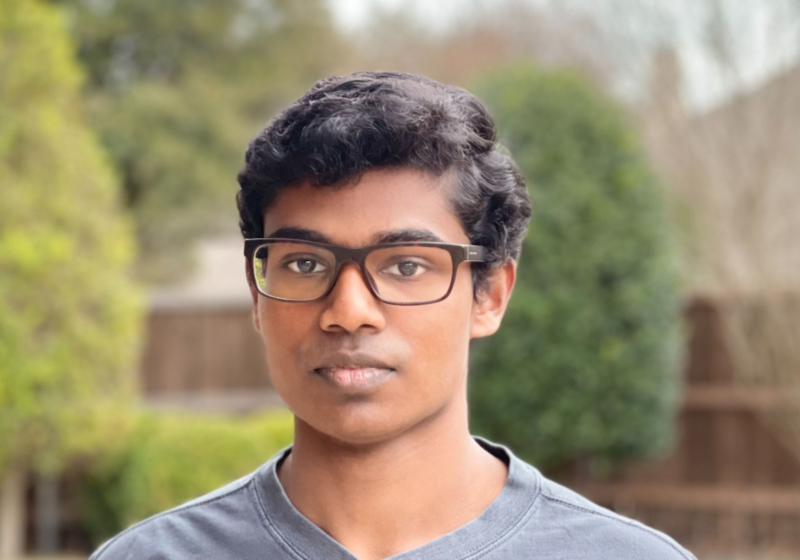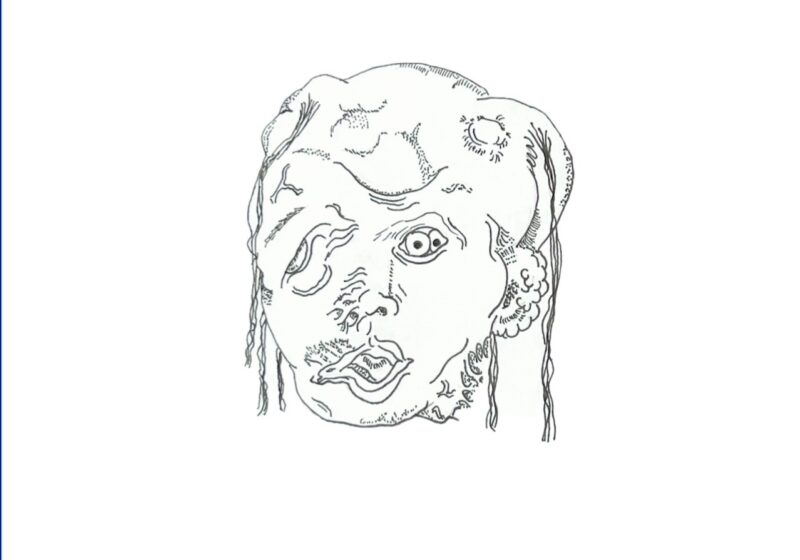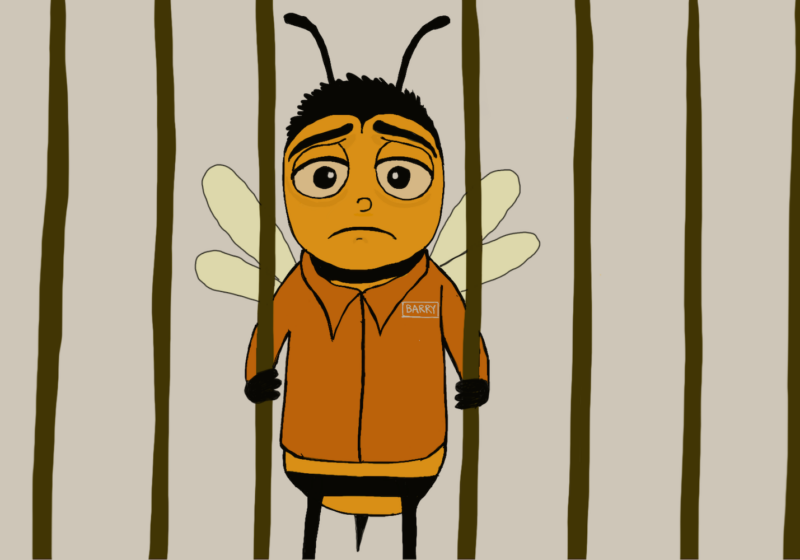When junior Pramod Manohar isn’t competing in mixed martial arts or tuning his violin, you can find him crunching numbers.
“I became interested in economics during high school,” Manohar, a double major in Economics and Mathematics, said. “In my history classes, actually, I was fascinated by how institutions shape economic development and how economic development in turn shapes institutions. Economics is versatile, and I knew I wanted to pursue [it] in college.”
After taking both AP Macroeconomics and AP Microeconomics in high school, Manohar found that he was especially interested in a subfield called development economics, which focuses on the forces contributing to economic development, particularly in low-income countries.
Empirical research in this field is about estimating causal effects. Economists are often interested in understanding what happens to an outcome variable (y) when an explanatory variable (x) changes by a certain amount.
“For instance, a popular question in the human capital literature is, ‘How much do earnings increase for an additional year of schooling?’” Manohar said. “The challenge of economics research is trying to estimate treatment effects given observational data. And in the real world, we don’t observe perfect randomization of subjects into treatment groups and a control group. This makes it difficult to capture causality just given raw observational data.”
“Subjects and groups often aren’t comparable,” he added.“In order to overcome this problem, economists use quasi-experimental methods — strategies used to mimic an experimental design — to isolate for the impact of (x) on (y). This is done in order to capture causality.”
Manohar became involved in research during the spring of his first year, where he started working as a research assistant for Dr. John Singleton, an assistant professor for the Department of Economics. This past semester, Manohar received the opportunity to write his own research paper for a course called “Economics Research and Communication,” a newer class that had only been offered at UR for two semesters so far, taught by assistant professor Dr. Travis Baseler.
“When the class started I had no idea what topic I wanted to investigate,”Manohar said. “After skimming through the Journal of Economic Literature, I realized that a lot of economists have not conducted much research on climate change, which prompted me to read […] about climate change.”
Eventually, Manohar refined his research to looking at how temperature shocks affect the output value of a major set of crops in India. To test this question, Manohar obtained a district-wide panel of data from Cornell University, which included all of the agricultural and weather variables necessary for analysis. He employed various econometric models to investigate the effect of a large spike in temperature on crop production. After controlling for rainfall, observable district characteristics, and adding in state and year fixed effects, Manohar found that a temperature climb as small as 1°C “leads to an additional 5.7 percentage point decline in output value for a given year.”
Manohar also tested the effectiveness of three mitigation mechanisms: fertilizer usage, irrigation, and road length. “I found that fertilizer usage and irrigation were highly effective at mitigating the negative impact of heat shock [on crops],” Manohar said. “I also [examined] if the underlying distribution of heat shock is changing over time. I found mixed evidence that this distribution evolves over time, meaning that the temperature level was becoming more volatile [over time] in some states and less volatile in others.”
Currently, Manohar is in the process of submitting his paper to an economics journal. But his research wasn’t always easy. “I remember when I first started this project, I was writing out a lot of the coding stuff and found that I was struggling with [coding] the different models and working with the data,” he said. “There were [many] missing values in the data set that I was working on, and so I had to adopt an imputation strategy to address that issue. Eventually, everything started to fall in place so it was [nice] to see it work.”
After graduating from UR, Manohar plans to pursue a graduate degree in economics. Additionally, he aims to apply to pre-doctoral fellowships in economics, which are one-to-two year post-baccalaureate programs where students are assigned projects and work in tandem with professors in the field.
“My biggest piece of advice [for students] is to be open-minded and adaptable,” Manohar recommended. “You’re not always going to get the opportunities or outcomes that you want, but that is okay. What matters is appreciating what you do have and making the most out of it. Eventually, your work will pay off.”





